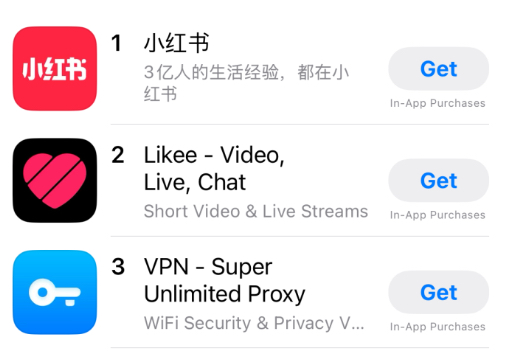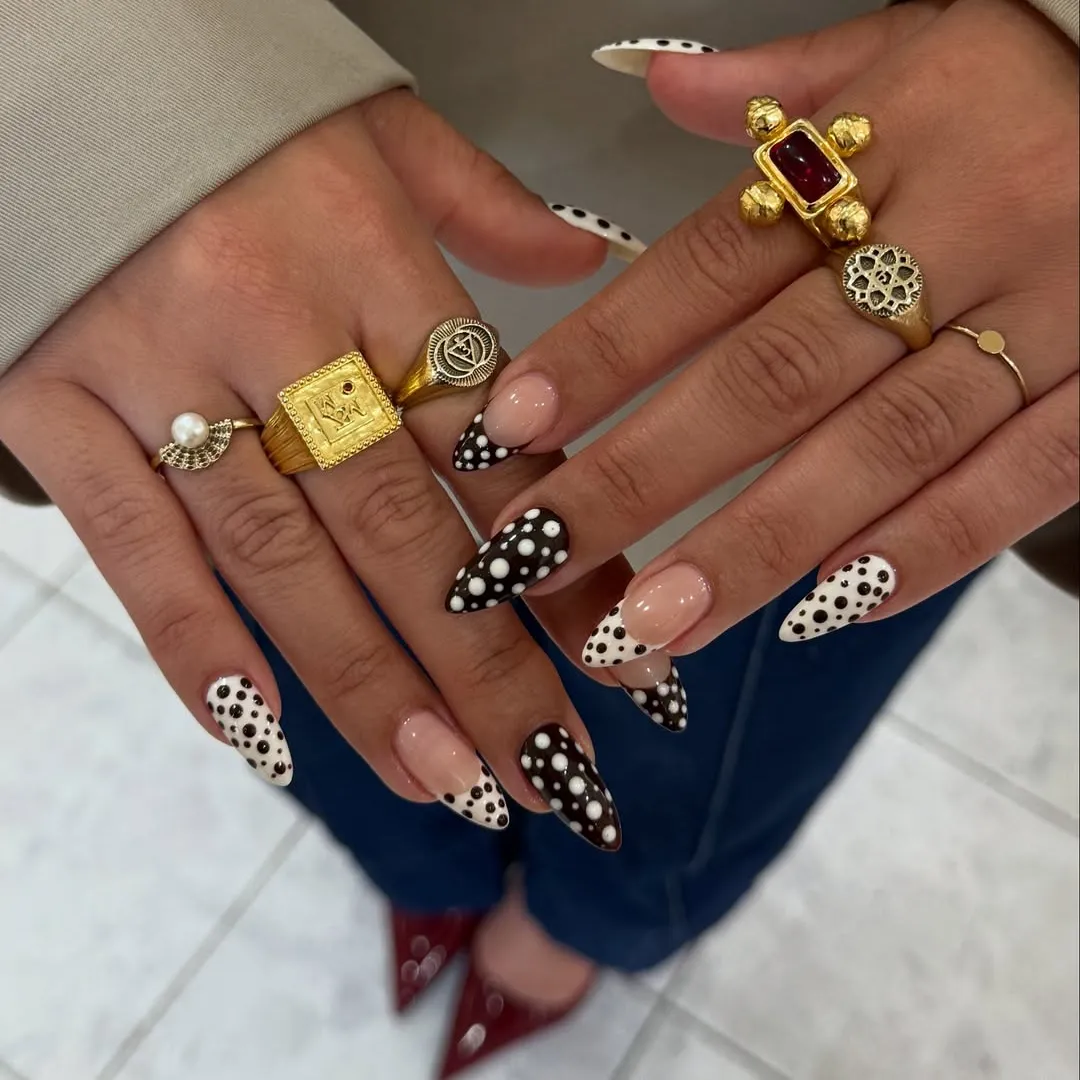With TikTok mired in uncertainty, the Chinese-owned social media app RedNote is rapidly gaining popularity among American users.
As TikTok faces the threat of a U.S. ban, many users are downloading RedNote as a replacement, driving its surge in popularity. While this provides American users with a fresh platform, it also creates challenges for its existing Chinese user base, who now have to navigate the app’s evolving audience.
Xiaohongshu, which translates to “Little Red Book” in English, is referred to by many English speakers as RedNote. The app was founded in 2013 by Shanghai based company called Xingyin Information Technology and has become one of China’s fastest-growing platforms, with over 300 million users.
The app offers a mix of short-form videos, pictures, and text posts. With fears of TikTok’s potential ban, RedNote has became the top free app on both the App Store and Google Play. According to CNN, the app gained over 700,000 new users in just two days, with its mobile downloads nearly tripling in the past week. Videos including a use #TikTokRefugee on RedNote have gained millions of views this week.
Acacia Nickeo, a sophomore, is one of the many “TikTok refugees” who downloaded RedNote following the passage of the new law.
“I wanted something that I could be able to distract myself with other than TikTok,” Acacia said.
She heard about RedNote on TikTok as a trending alternative.
“I’ve used Instagram reels but I just wanted to try something new to see if I would like it better,” she said.
However, now that TikTok is back, Acacia said she would not return to using RedNote due to the unfamiliarity of the app.
“I only used it for a little bit and I don’t think I am going to use it anymore because it’s in a different language and I just didn’t really understand how to use it,” she said. “It was just hard to use it for me.”
Grace McCullagh, a senior, is another “TikTok refugee” on RedNote. She downloaded the app because she did not want to feel left out.
“Everyone was getting RedNote and I didn’t want to lose connection,” Grace said. “I honestly don’t know why I downloaded it, because I am perfectly fine with moving to Instagram reels as my source of ‘scrollability.’ I think I just felt like I should do it because everyone else was doing it.”
Despite the language barrier she faced when she had to read terms and conditions and navigate an app with “different vibes”, she was surprised by how the online community was welcoming new users.
“I felt welcomed as a ‘TikTok refugee’, which I didn’t realize I would be called that,” Grace said.
However, like Acacia and many American TikTok users, Grace does not see herself continuing to use RedNote long-term.
“I don’t think I could continue to use it as an alternative even if TikTok stayed away though,” Grace said.
Ashly Zhang, a junior from Shenzhen, China, said RedNote is her “ultimate social media app.”
“It has a function as Pinterest. It has a function as TikTok. It has a function as Instagram. It’s like the best combo,” she said. “And the best thing is, you can even use it as Google.”
Ashley explained that she uses the app for a variety of purposes, from academics to traveling. When she traveled to France last year, RedNote helped her discover valuable information about different places like restaurants or cafés.
“Instagram does share stuff for tourists, but it’s not really good, in my opinion,” she said. “But on RedNote, there are actually people who went there and there’s good info. I can even find some great suggestions in the comment section.”
Ashley believes that the increasing number of American users on RedNote offers a unique opportunity for cultural exchange.
“I feel like it’s honestly great,” she said. “It’s a great way for people from foreign countries to actually have interactions with Chinese people because people are really active and they really want to help these ‘TikTok refugees.'”
As an international student, Ashely has observed many cultural differences between herself and her friends.
“A lot of things [domestic students] see on their social media like Instagram is more westernized,” she said. “But on RedNote, you can see more diverse topics that are not as Americanized.”
For example, Ashley finds it really challenging to explain jokes and memes to her friends from other countries or to fully understand the ones shared by other students.
Dr. Pamela Maddock, an AP US Government and Politics teacher, finds the shift in users behavior ironic.
“I think it seems like a game of whack-a-mole!” she said. “Social media giants and users move a lot more quickly than the U.S. government, right?”
Dr. Maddock pointed out how long the TikTok ban has been in the works.
“The TikTok ban has been a LONG time coming,” she said.
[Editor’s Note: TikTok was banned on January 18th, but service was restored the next day.]
In 2020, President Trump announced plans to issue an executive order banning TikTok. Years later, in April 2024, a law was passed with bipartisan support and signed by President Biden. January 17th, the Supreme Court ruled that ByteDance, as a Chinese-owned company, does not have First Amendment protections. However, questions remain about whether President Trump, now the 47th President, will delay the enforcement of the law.
“It’s been a year-long process of the U.S. government trying to address concerns about TikTok and U.S. users’ data,” Dr. Maddock said.
She thinks the rapid pace of technological innovation and consumer behavior often outstrips the ability of governments to regulate or respond effectively.
“Tech companies and consumers/users move a lot more quickly than the clumsy lumbering giant that is the world’s richest democracy,” Dr. Maddock said.
She also finds the historical irony behind the name of RedNote intriguing.
“As a historian, I can’t NOT mention here that there’s such a fascinating rich irony in the fact that RedNote’s real Chinese name literally means Little Red Book,” she said.
The “Little Red Book” refers to a collection of quotations from Chairman Mao Zedong, the Chinese Communist Party leader from 1935 to 1976. It was small, widely distributed book designed to be easily carried so people in China could always have it on hand. Its purpose was to promote and explain the ideology of the communist party.
“That we now have this company calling itself ‘Little Red Book’ where netizens—Chinese and now hundreds of thousands of Americans—connect about make up and other products, is super interesting!” Dr. Maddock said. “One can only imagine what Chairman Mao might think!”




















